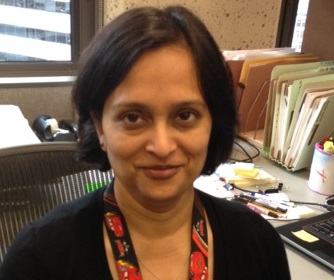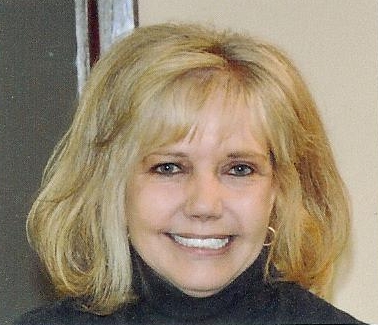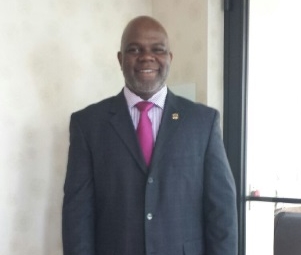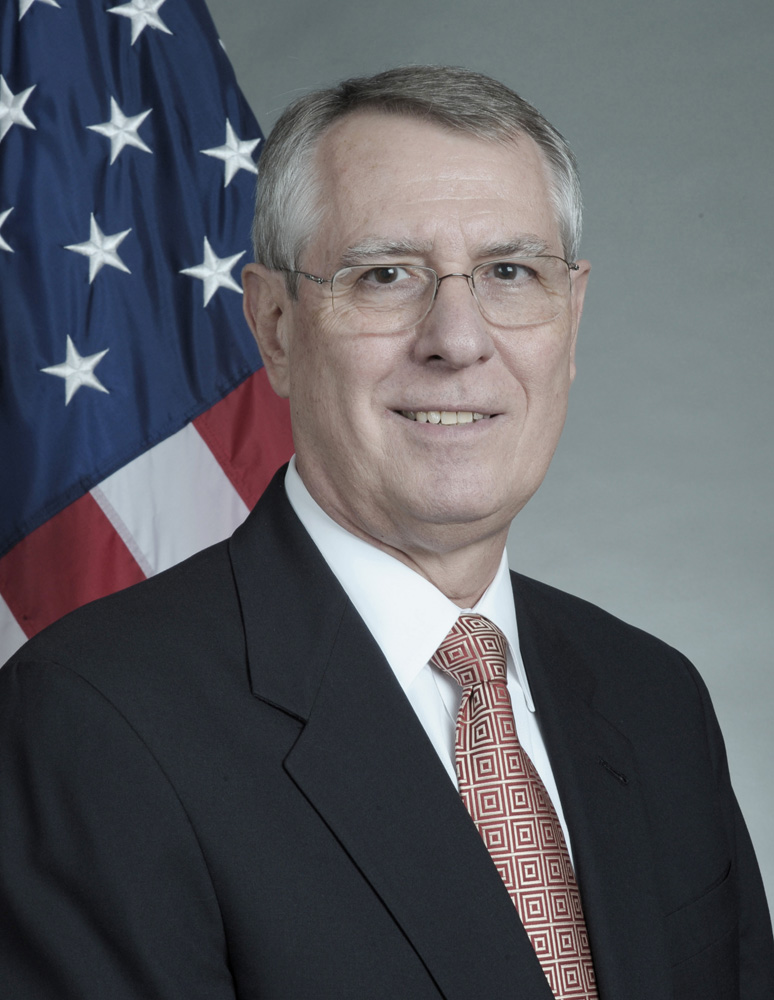Q&A: Reflections from EDA Staff
August 2014 Newsletter
Shalini Bansal, Economic Development Specialist, Seattle Regional Office
I hope to bring on the ground practical insights to EDA’s team, thus forwarding the agency’s economic development mission in a meaningful manner. I would love to be engaged in developing tools that further grow our agency’s reach and effectiveness. I hope that I can help with keeping EDA nimble on its feet to accommodate the changing economic times that we live in today. |
Mari Sutton, Area Director, West Area Team, Denver Regional Office
As the elevator door closed, I looked up at the screen to read today’s headlines, recipes, and words of wisdom. As luck would have it, the monitor was displaying advice on sticking to the most important message to be conveyed, and not deviating from it, so that your audience knows what the most important point is. Great advice because I was making a mental list of EDA’s unique qualities. EDA has a lot of unique qualities: A wide range of economic development tools; flexible programs; a vast network of economic development professionals; and a dedicated staff committed to helping communities meet their economic development goals. So which one was the most important? It didn’t take me long to decide: It’s the EDA employees who have a genuine commitment to help communities overcome their economic challenges. EDA employees are responsive to communities’ inquiries, provide technical assistance, guide them through a maze of paperwork, and prepare a daunting pile of grant award documents – and they do so with expert knowledge and enthusiasm. Eventually, the work results in job creation for our economically-distressed communities. There is no better job than to create jobs for our fellow Americans, and I feel privileged to be working with some of the best and brightest in the Federal government. |
Willie Taylor, Regional Director, Philadelphia Regional Office
In my tenure at EDA, I have learned to listen carefully; ask the tough questions; and be open to new ideas. Regarding how it impacts my work, it allows me the opportunity to learn and grow as a practitioner in the economic development field as well as appreciate my teammates and their capabilities. Finally, the work that we do at EDA is mission driven with a keen purpose of supporting those communities that are seeking economic growth and an enhanced quality of life. |
Millie Hayes, Civil Engineer, Austin Regional Office
In my previous position with the US Department of Transportation, I worked on highway projects in urban metropolitan areas. There, I was asked to serve on national review teams for the Transportation Investment Generating Economic Recovery (TIGER) Discretionary Grant Program. During that time, I was able to become involved with projects that I wasn’t typically able to provide oversight for, such as mobility and multimodal projects in rural economically distressed areas throughout the country. While working on USDOT’s program, I realized that I was motivated by projects that would improve economically distressed areas. The purposes of the projects struck a chord with me, so I was thrilled to see a civil engineer vacancy for EDA earlier this year that would allow me to use my engineering and environmental expertise to focus on economic development projects. I started working in the Austin Regional Office in early June and I am excited to join an agency with the mission to promote growth in the economy. |
Phil Paradice, Regional Director, Atlanta Regional Office
Communities that approach EDA for assistance are typically in economic distress as a result of long-term deterioration or short-term, sudden and severe dislocations. EDA staff possess both the network and the knowledge to provide community leaders with a systematic approach and specific examples to advance their economic recovery. Often public and private sector leaders just need to gain a sense of the future that is possible, and step away from the past that was lost, to be able to take the first steps toward real recovery. When EDA staff accomplish that they have made an invaluable contribution in a community’s economic recovery, resilience to other events and sustainability. |



 How do you hope to advance the economic development mission during your time at EDA?
How do you hope to advance the economic development mission during your time at EDA? EDA is a small agency with a big mission. What unique qualities do you think EDA offers to communities that best help them meet their economic development goals?
EDA is a small agency with a big mission. What unique qualities do you think EDA offers to communities that best help them meet their economic development goals? What are some of the most significant lessons you have learned from our stakeholders while working at EDA and how does this impact your work at EDA?
What are some of the most significant lessons you have learned from our stakeholders while working at EDA and how does this impact your work at EDA? What drew you to EDA?
What drew you to EDA? EDA is a small agency with a big mission. What unique qualities do you think EDA offers to communities that best help them meet their economic development goals?
EDA is a small agency with a big mission. What unique qualities do you think EDA offers to communities that best help them meet their economic development goals?